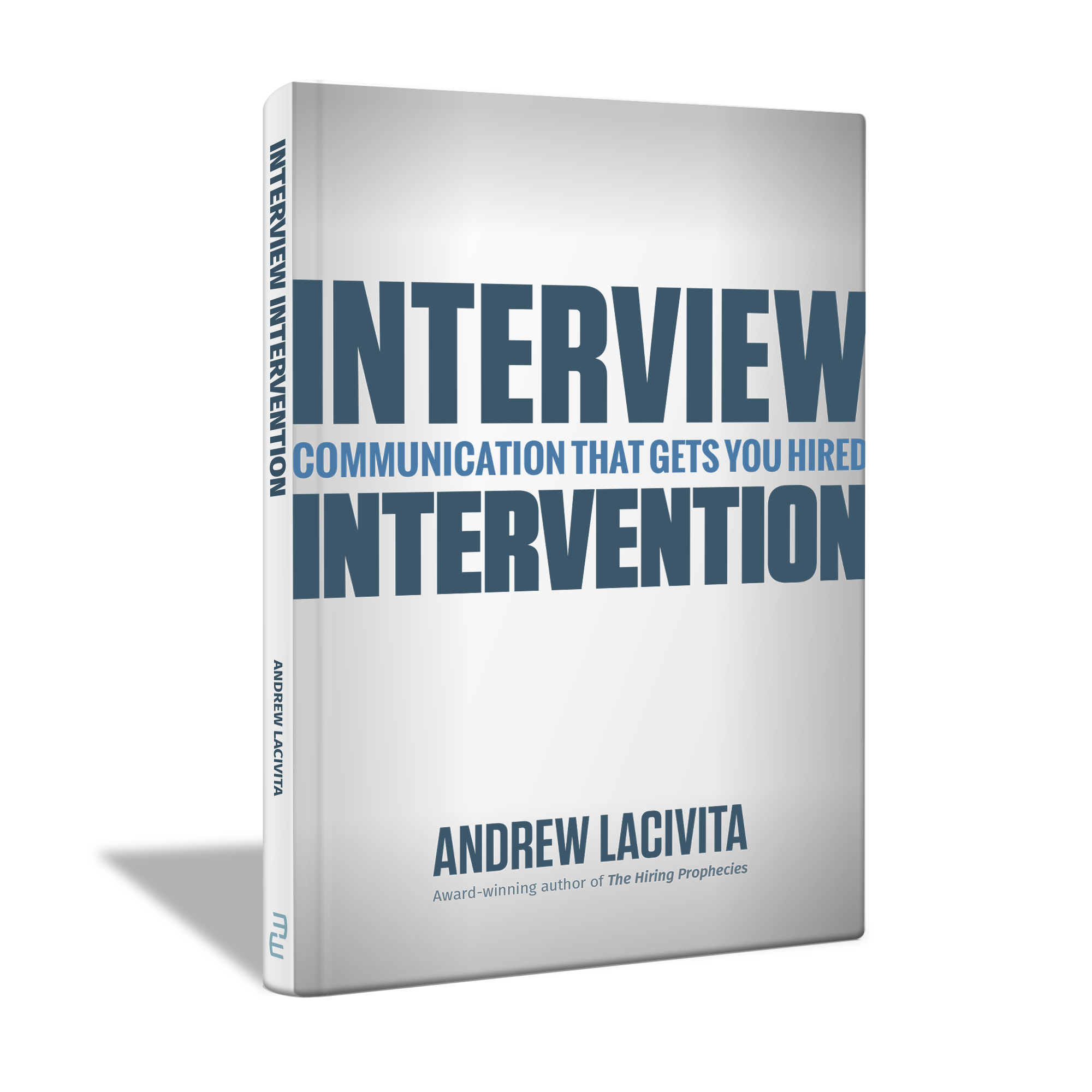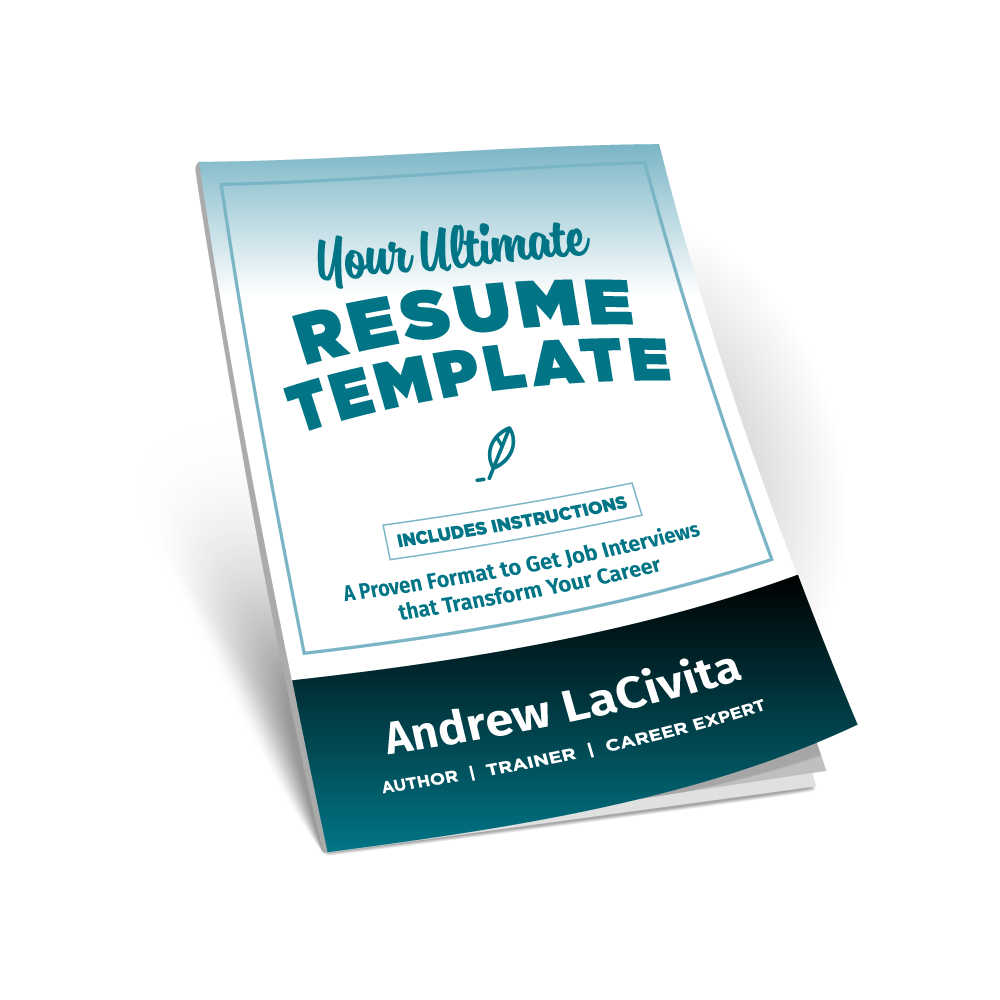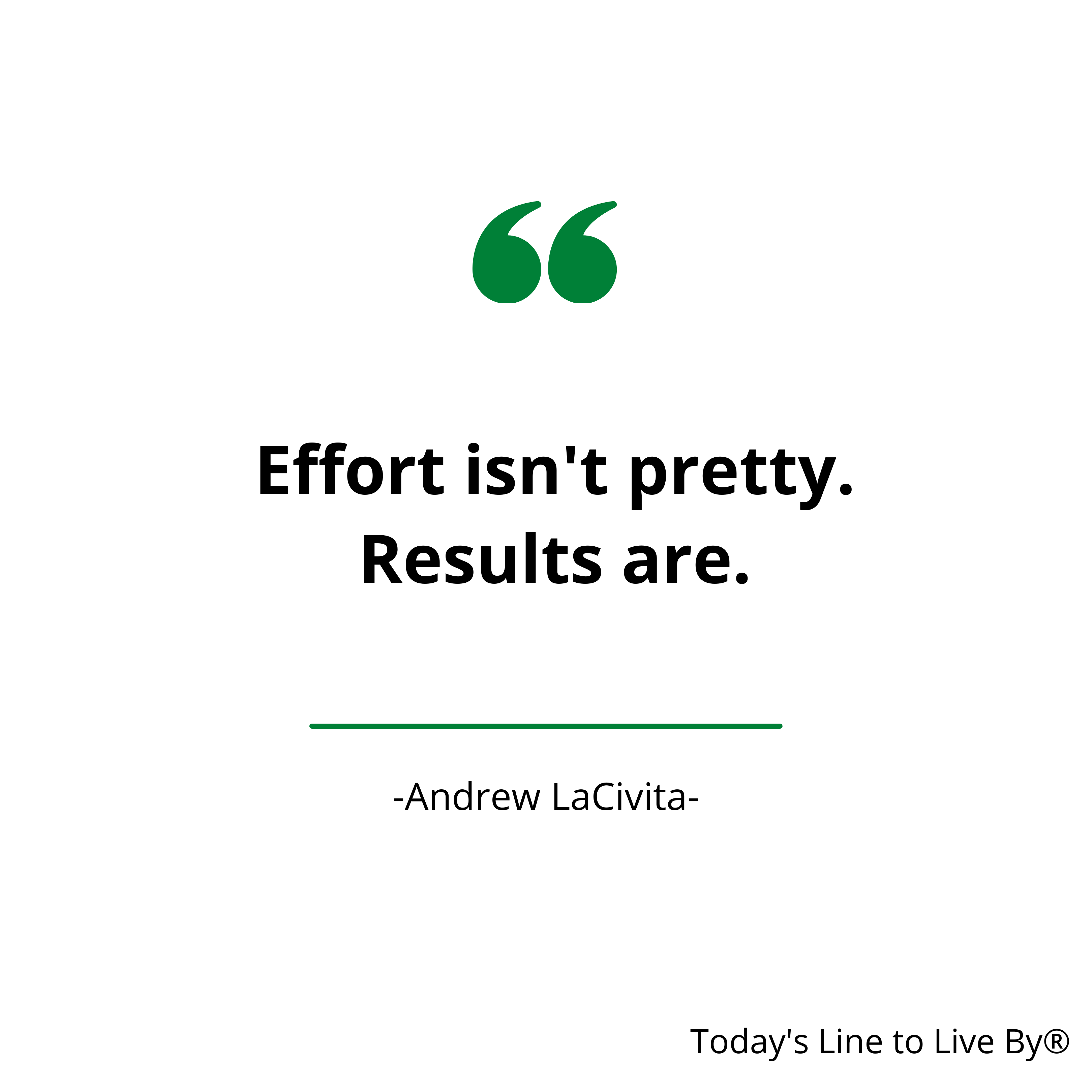I’ve written dozens of blog posts related to job interviewing, but I thought it was time to focus on what has become very popular in our time-compressed world—the telephone interview.
Companies are using them more often with job candidates and not solely for their first screening attempt. Beyond introductory Human Resources or recruiting calls are technical and competency screens along with many other types.
To help you with your next phone interview, try these eight steps:
Research—yourself and the company. Doing your homework is one of the most critical steps. Conducting your interview without this preparation is like trying to build a house without a blueprint. Most people know to research the employer and its major areas such as company, role, and interviewer. Reviewing these areas will spawn many questions you’ll want to ask. Fewer people, however, do enough homework on themselves to know what they want. They also seem to forget how easy it is to forget (ha) their accomplishments. Refresh your memory and outline your responses to the most popular job interview questions. Check out 39 Great Questions to Ask in a Job Interview, The 14 Best Job Interview Questions, and The Top 12 Happiness Factors for Employees.
Plan the best environment for the call. It amazes me how many people think conducting their phone interview in their car while driving or hiding in a stairwell in their office building is “suitable.” Pick a quiet area. Find a comfortable—preferably non-moving—chair that’s next to a desk or table so you lay out your notes. I also recommend using a hands-free device so you can take notes and use both hands to shuffle papers. Most importantly, you don’t want to sprain your neck.
Smile. Yes. Smile. I know you’re on the phone, but they can see whether you’re smiling or not. It’s a superhuman power we seem to get whenever we conduct phone interviews. It’ll help with your nerves and make you sound smarter and happier.
Show your energy. Make the interviewer feel you are engaged and interested. While the call is technically an interview, it should feel like a conversation between two parties. Many abrupt starts and stops won’t work. Stand during the call if it makes you feel better.
Make yourself memorable. The interviewer will know whether you’re smiling, but might not be able to evaluate whether you’re ready and organized. She might also easily forget you unless you make an excellent, memorable impression. One of the easiest ways to do this is by responding effectively to her questions and efficiently asking your questions. I wrote an entire series on the former starting with How to Keep it Short and Simple: 5 Ways to Make People Remember Your Job Interview. That series includes the five ways to make people remember you positively (continuing with capturing and keeping their attention, talking in their lingo, making them believe you, and getting them to care). The latter will come from being prepared in the manner outlined in the first step (research).
Don’t let the interviewer hang up with any doubt you are the right person for the job. I think there are very few people in this world that are willing to solely make a decision and take accountability for their choice. It’s sad, but true. Interviewers are a reluctant bunch, and they need encouragement from you that it’s okay to hire you. I like job candidates to end the interview with a technique I call confirm, assure, and close. Check out How to Close the Interview to Ensure You Get the Job for details.
Confirm your interest in the job. In the previous step, you are confirming that you understand what the employer needs, assuring him or her that you are the right person for the job, and closing with a request for next steps. It’s also very important that you confirm that you are interested and want to move forward. As odd as this sounds, interviewers are actually not mind readers and sometimes aren’t sure of your interest. Once again, leave no doubt.
Send a thank-you email and card. Stop laughing. The most important aspects of thanking someone are speed and thoughtfulness. An email will provide speed, but it also needs to be thoughtful. Sending someone a card in addition will make an indelible imprint in his or her mind that you took the time and made the extra effort (especially because so few people do this). As an added bonus, the snail mail card will arrive days after the interview. This serves as a helpful reminder to the interviewer who might have interviewed a number of candidates for the position. For more on effectively thanking the interviewer, see How to Write a Thank You That Gets You the Job.
You can find wonderful tips and tricks related to life and work via the usual social spots at LinkedIn, Twitter, and Facebook.
In other exciting news, The Hiring Prophecies: Psychology behind Recruiting Successful Employees is now for sale!









Thanks I have learned good idea from the steps tobe followed
Thanks so much!